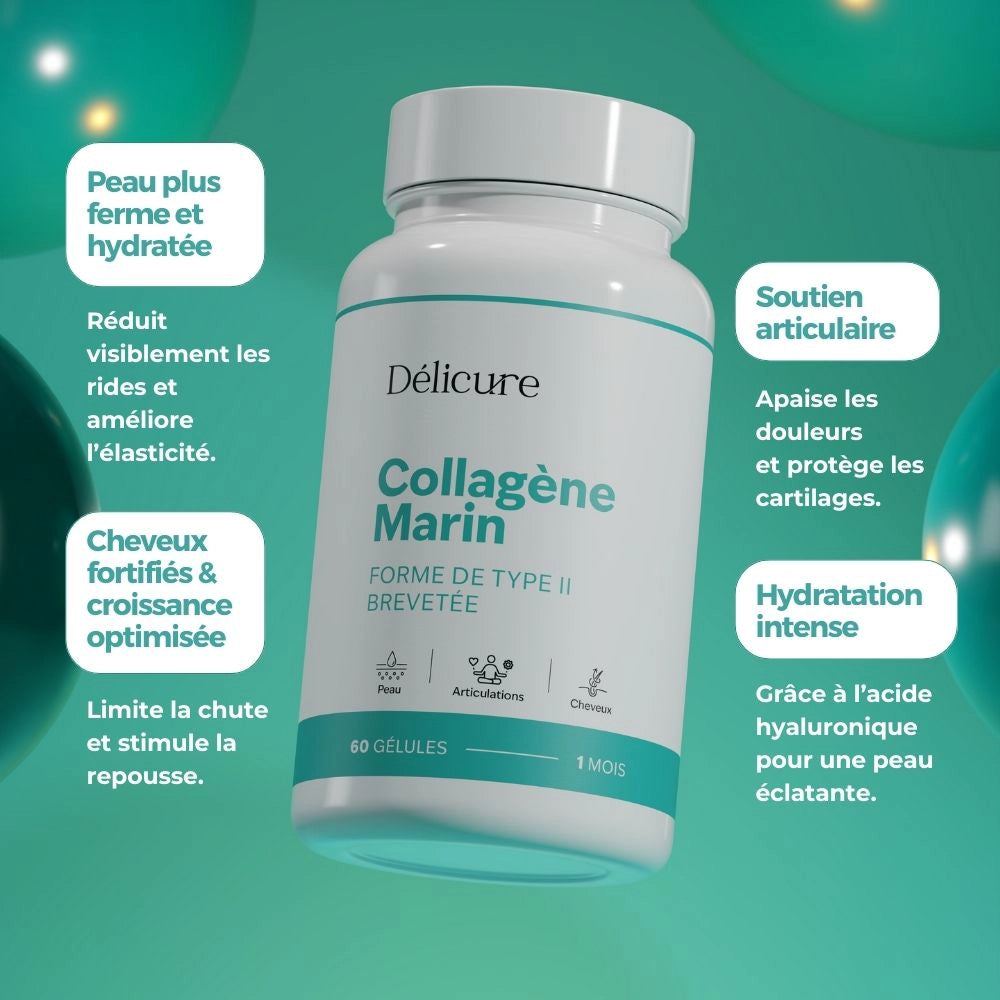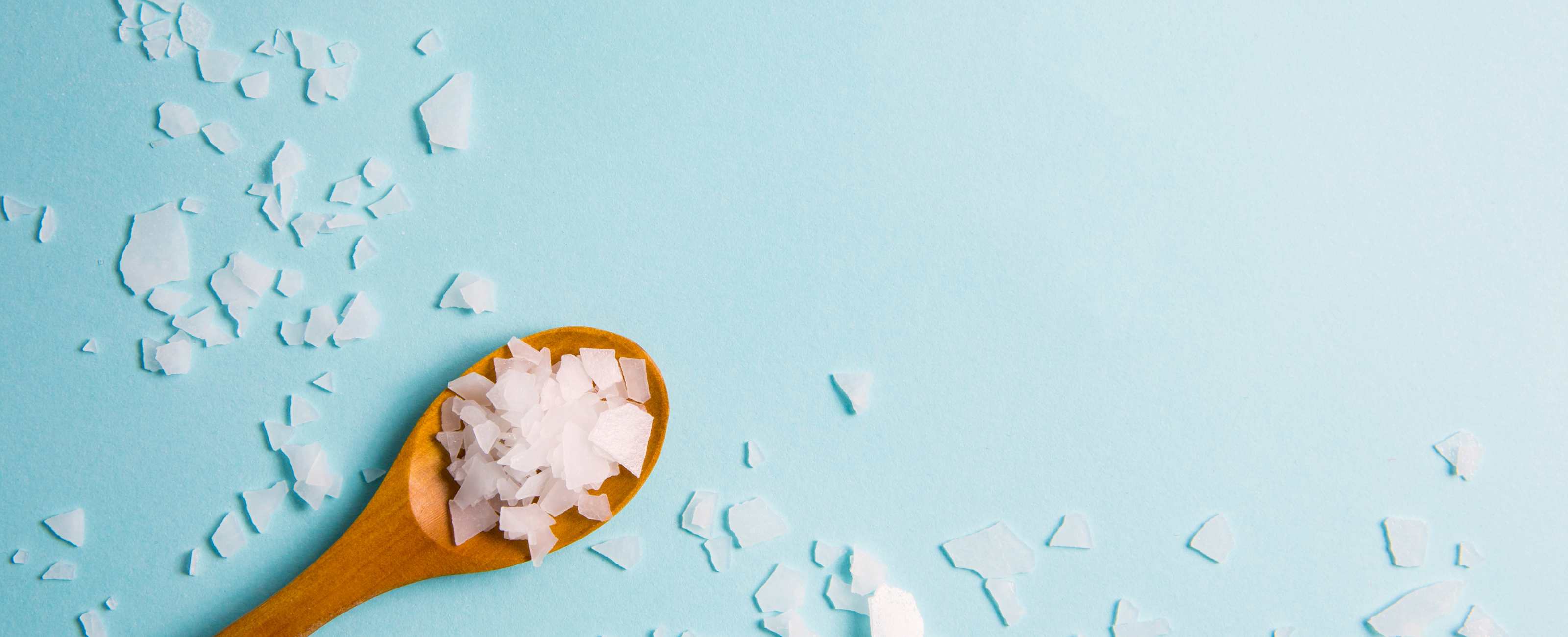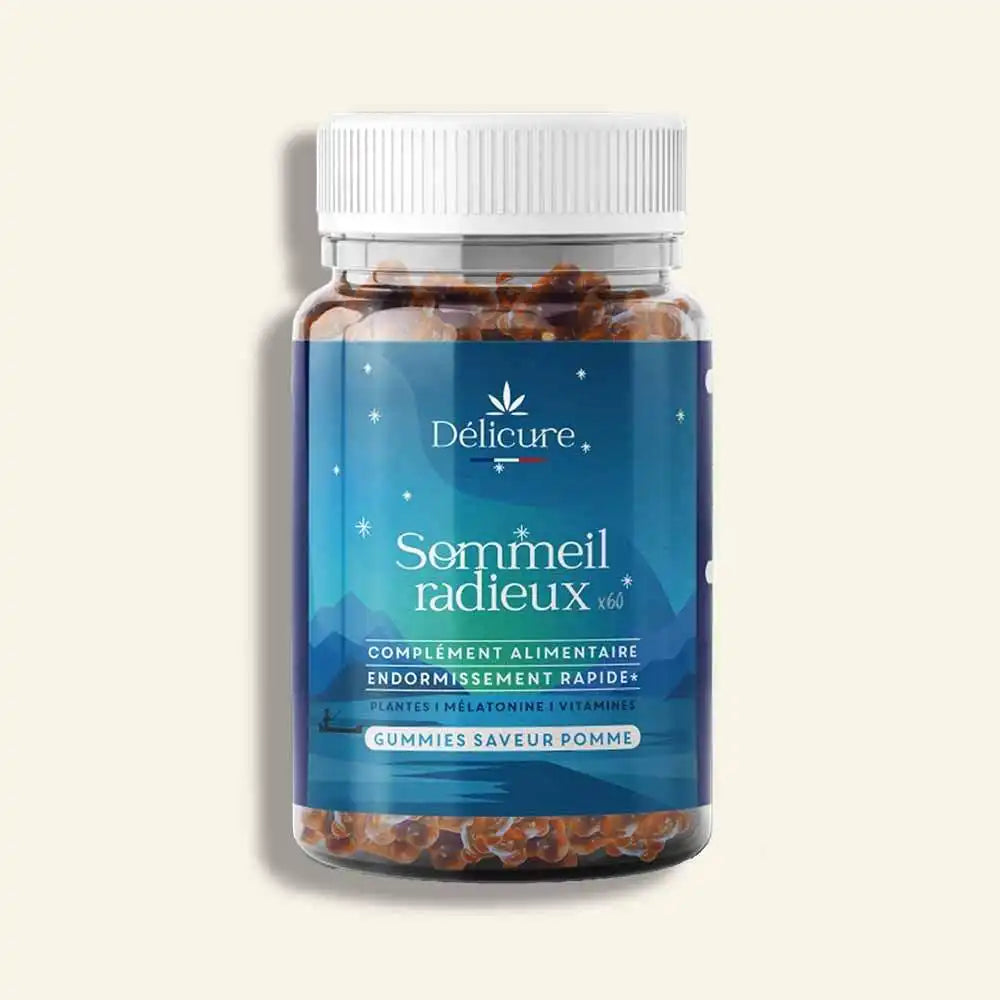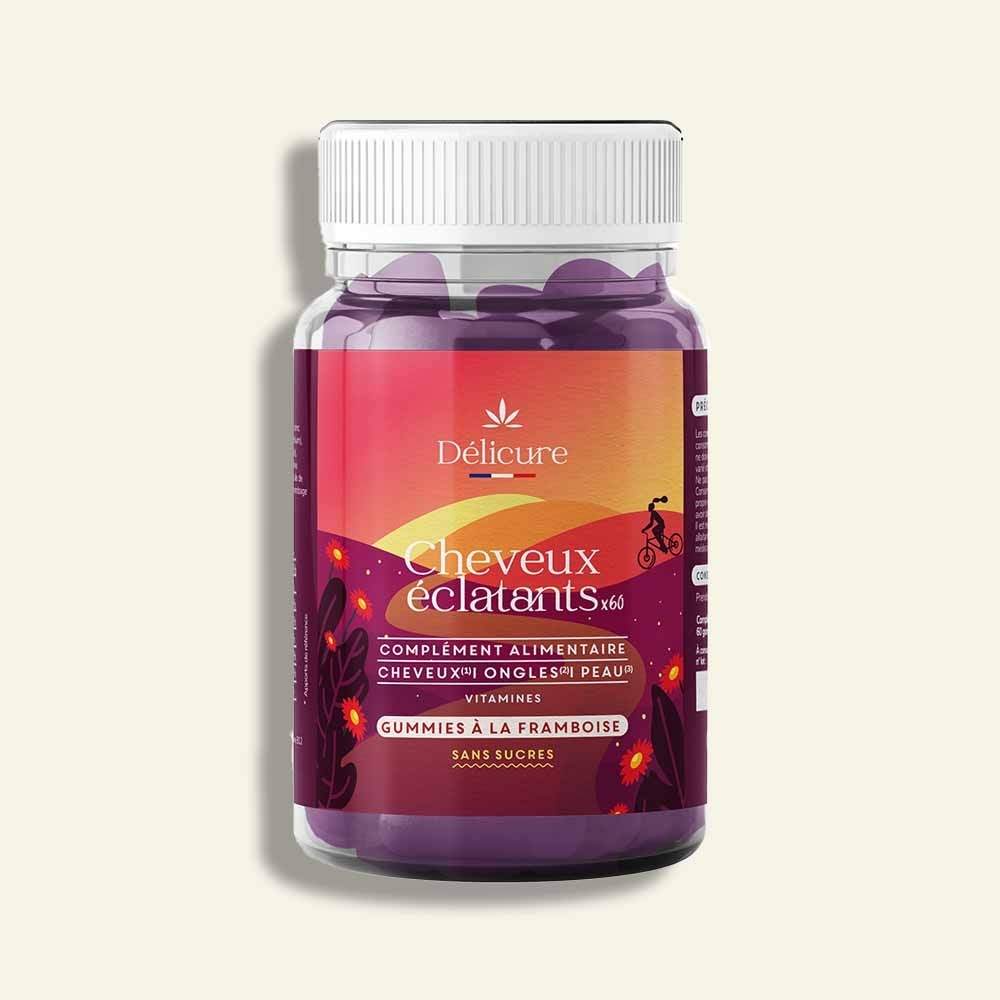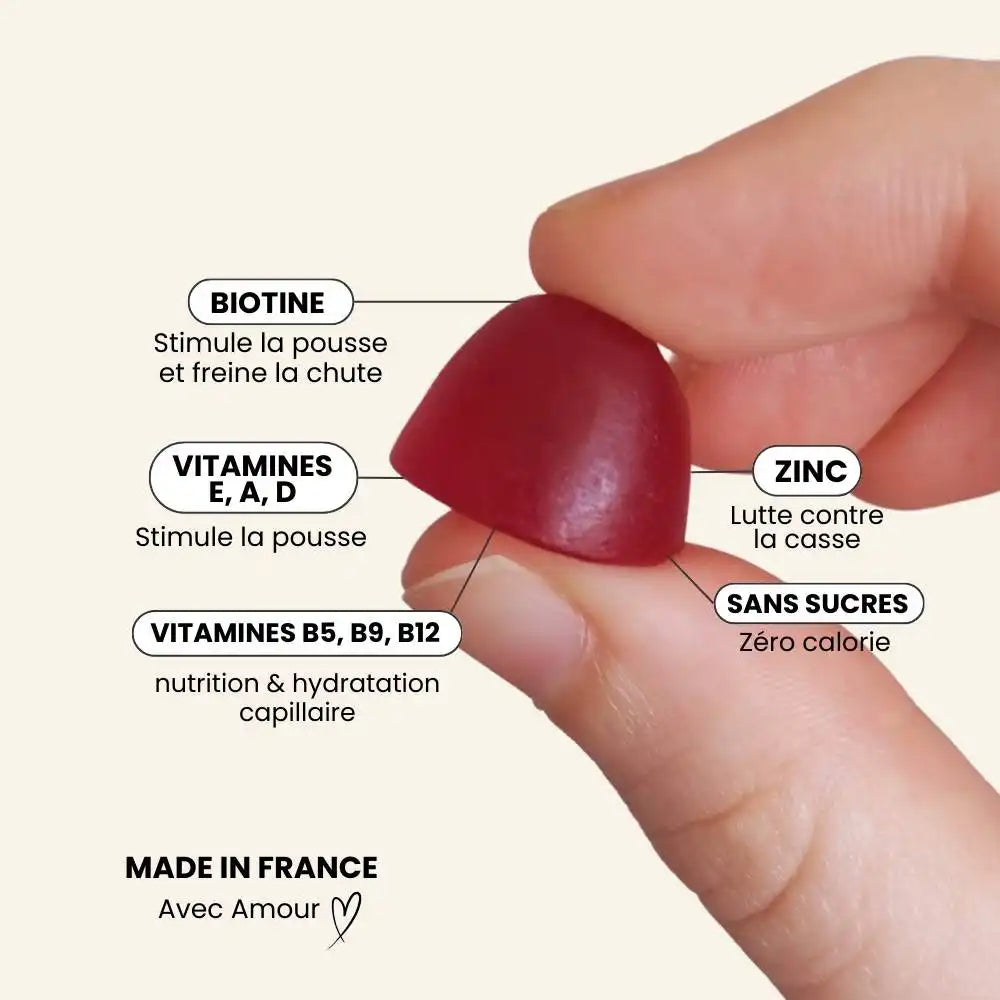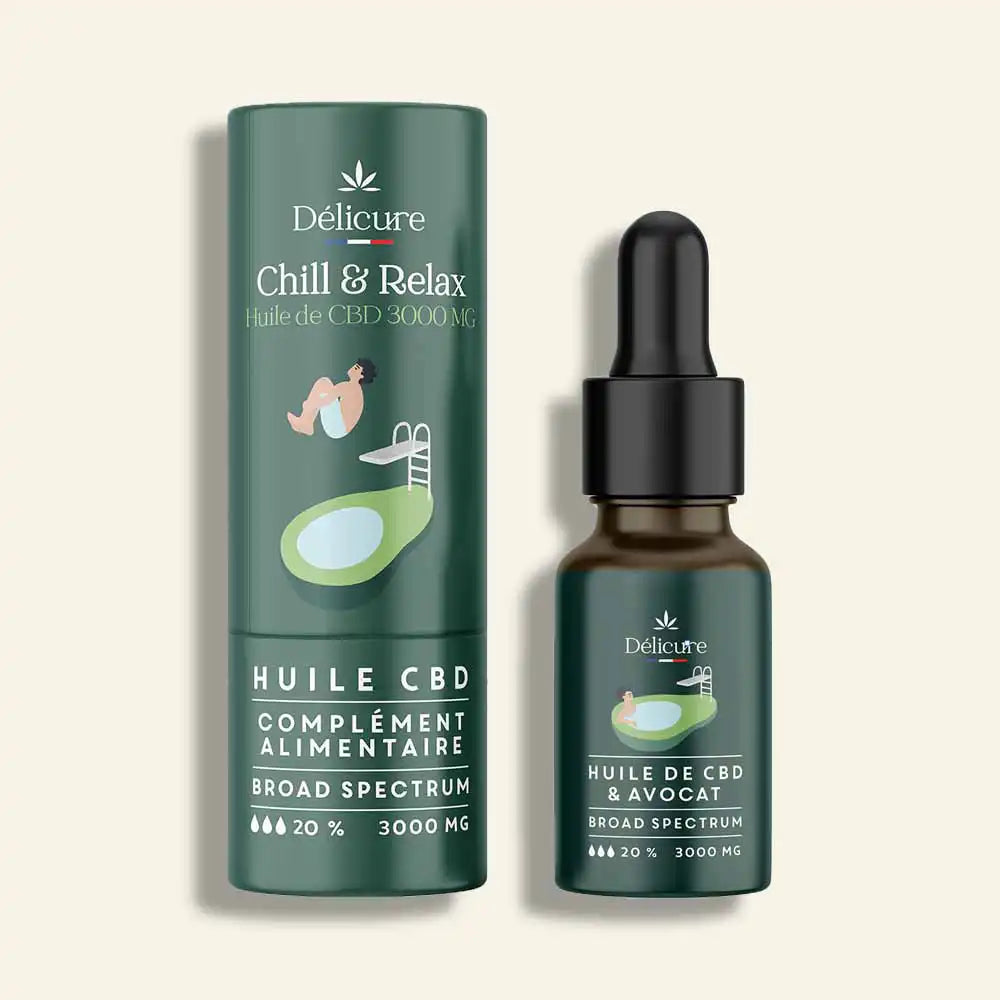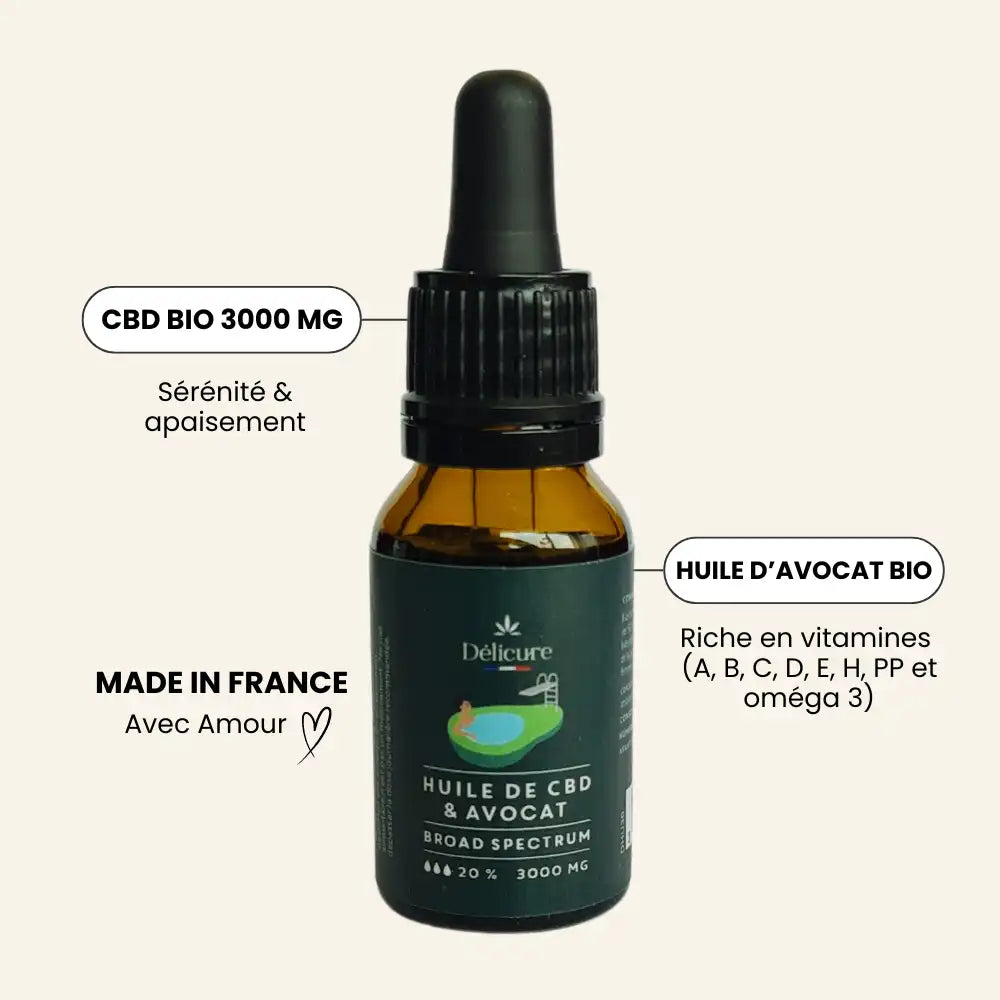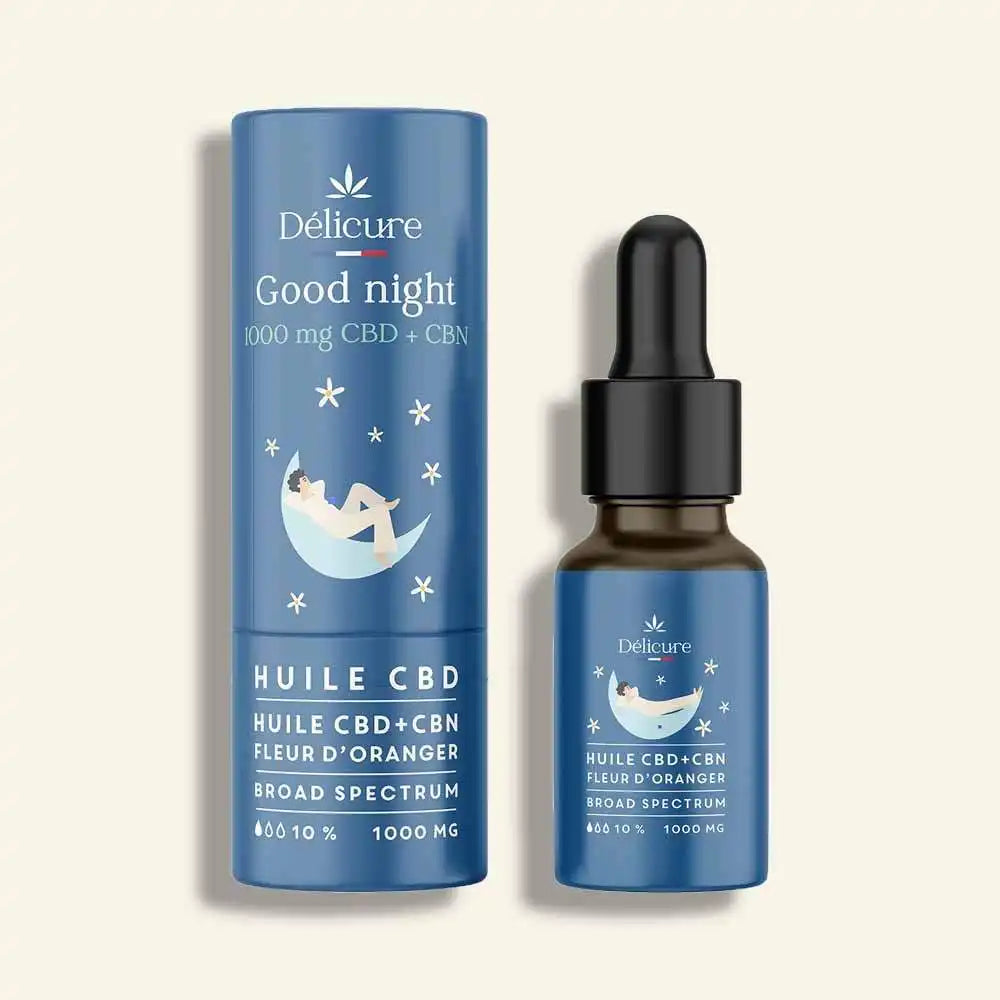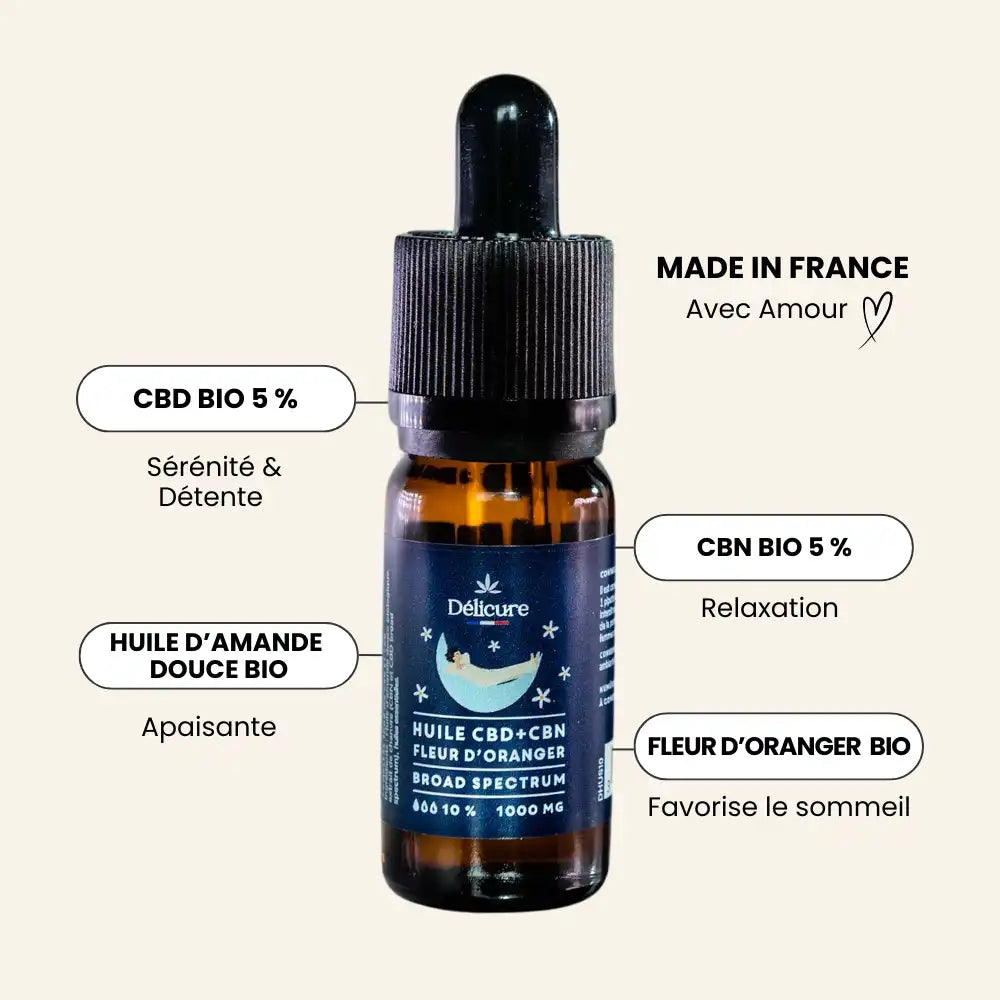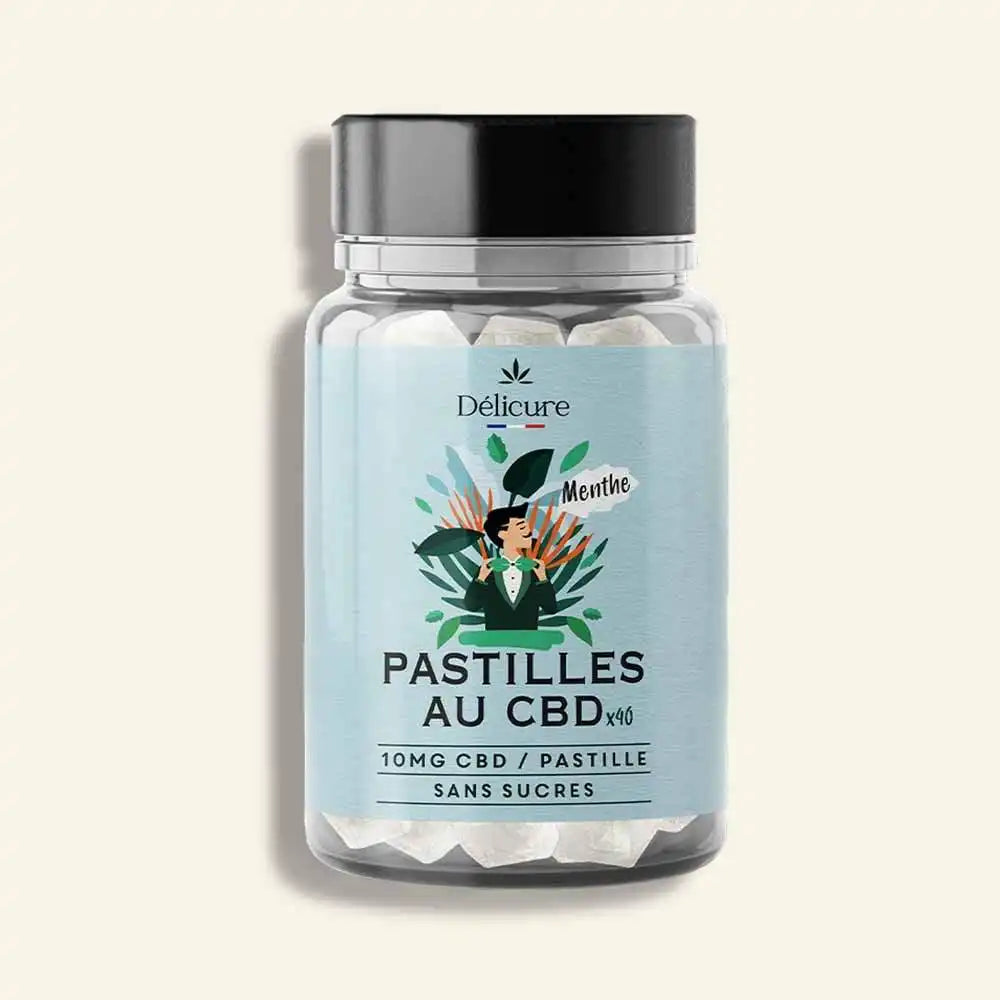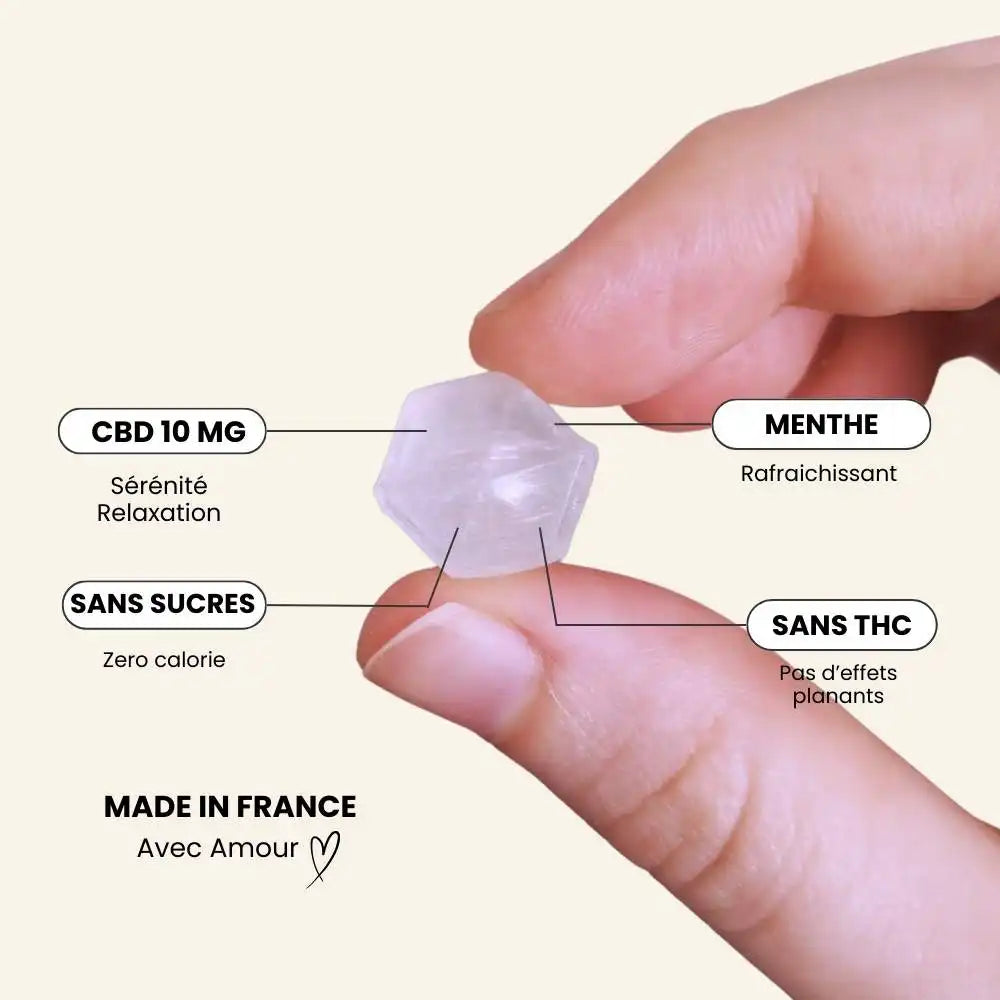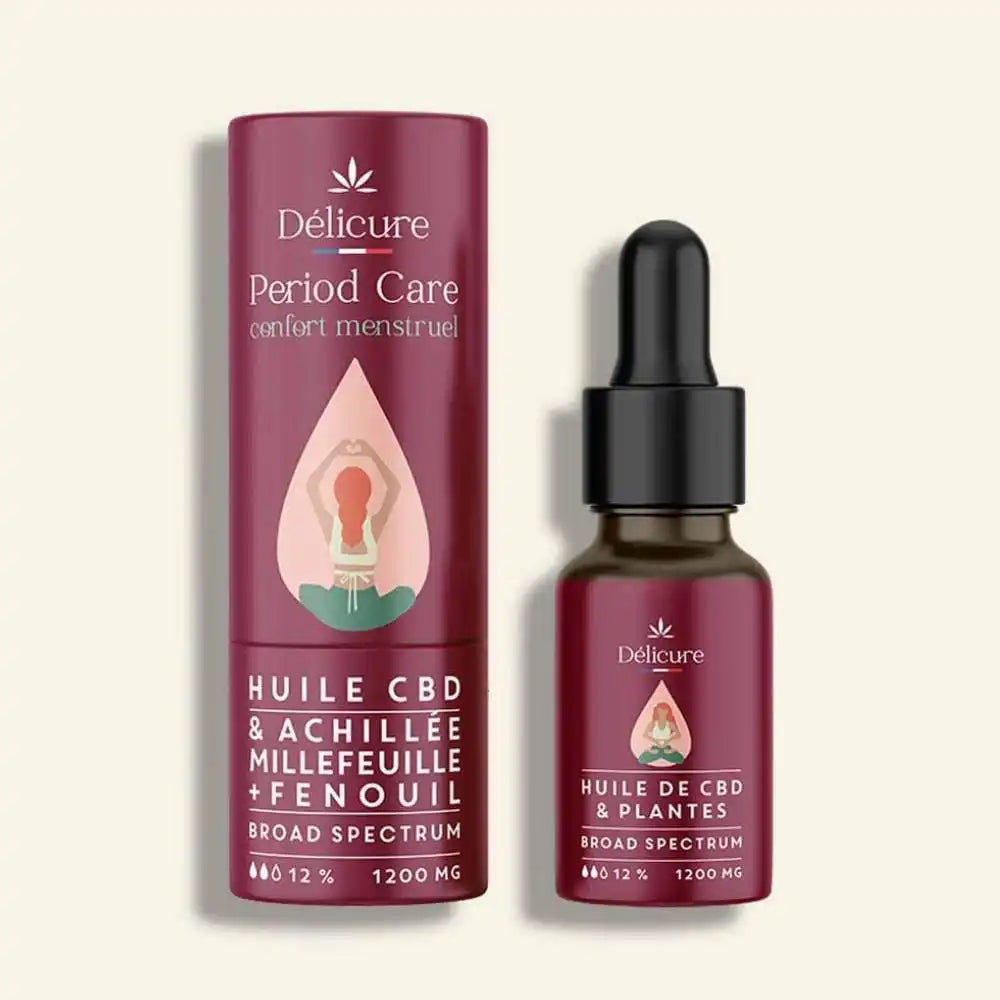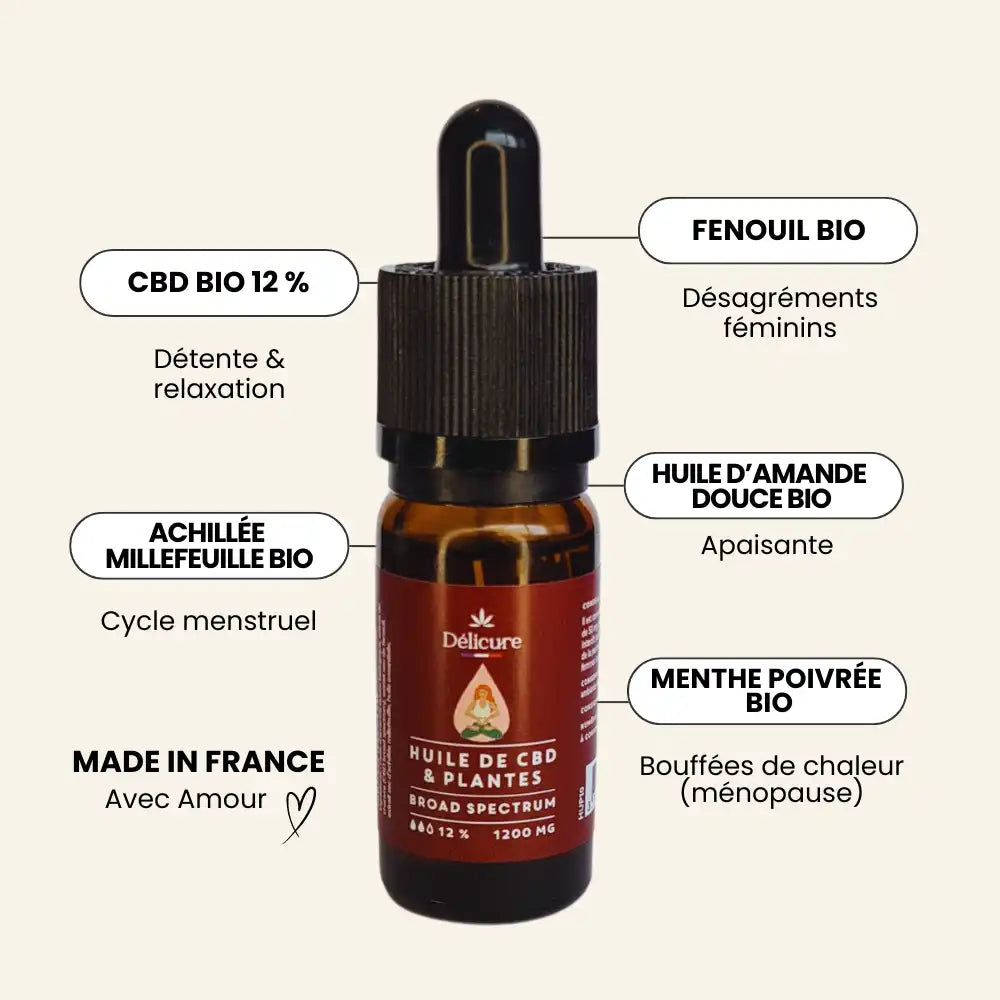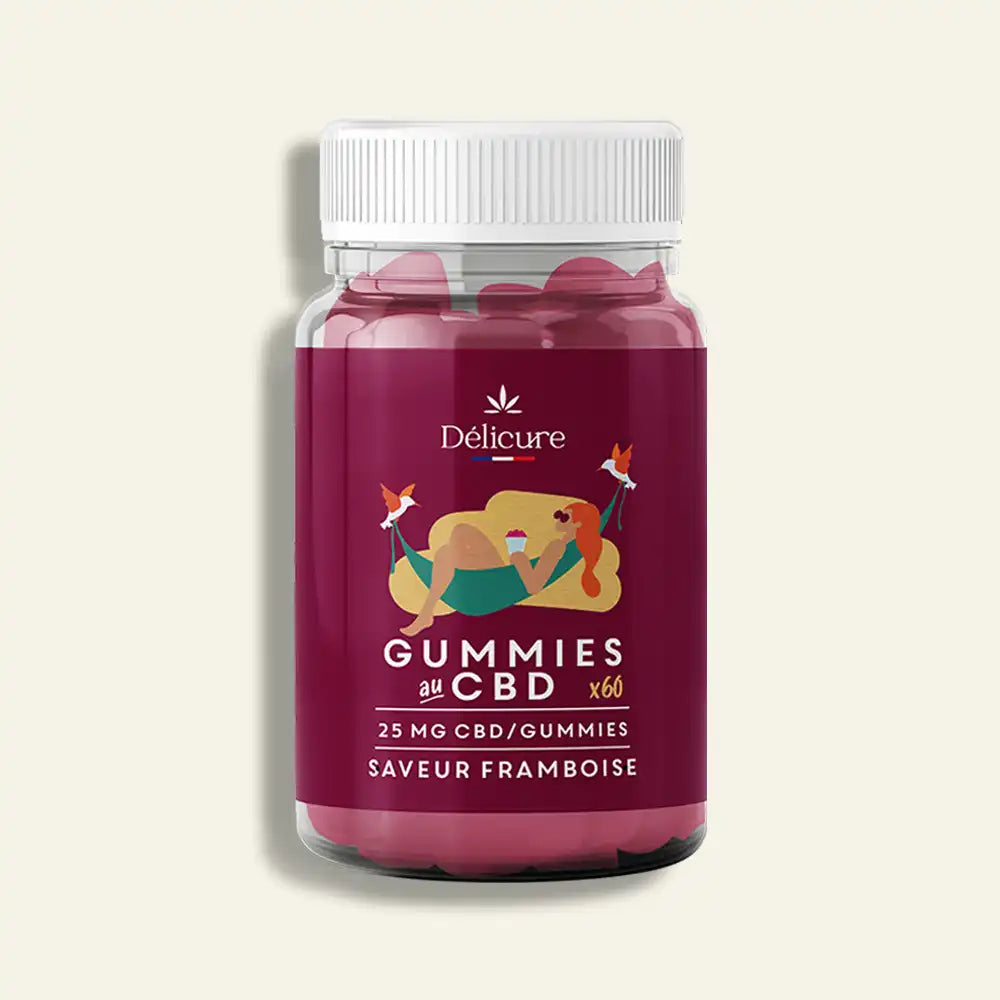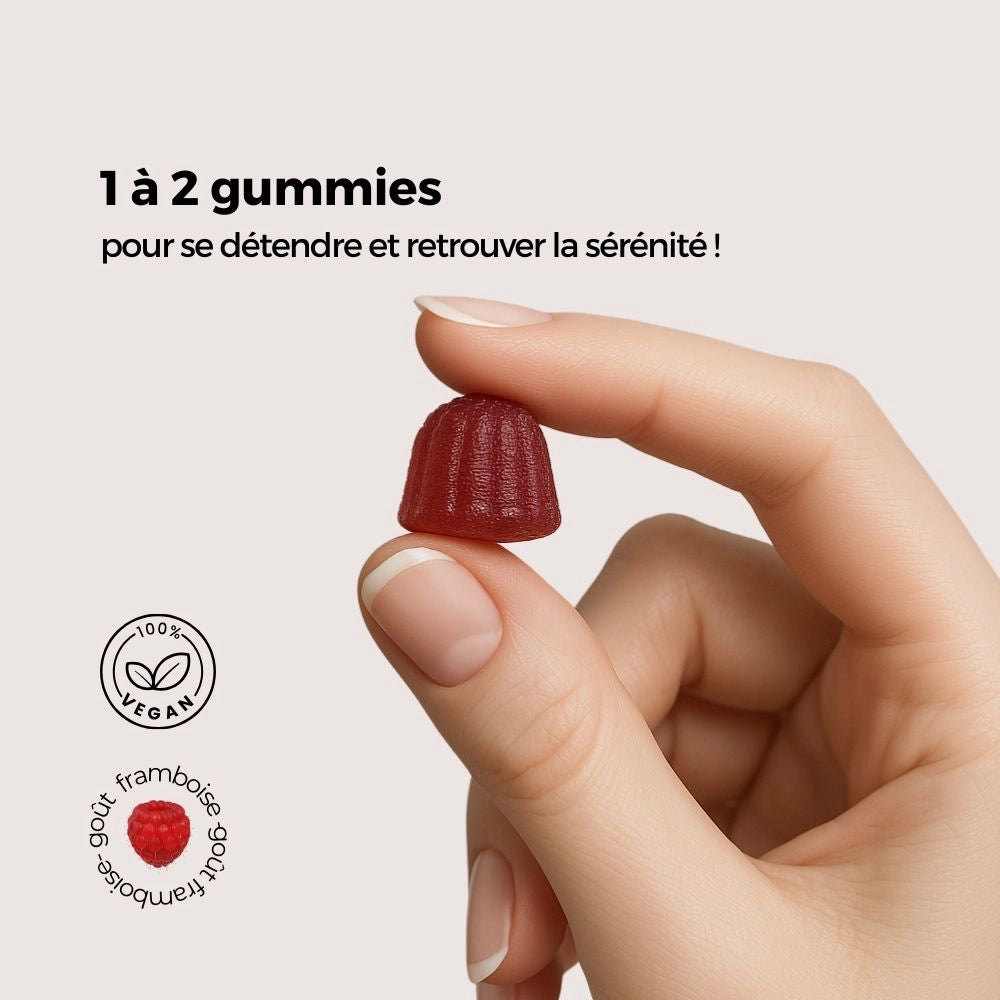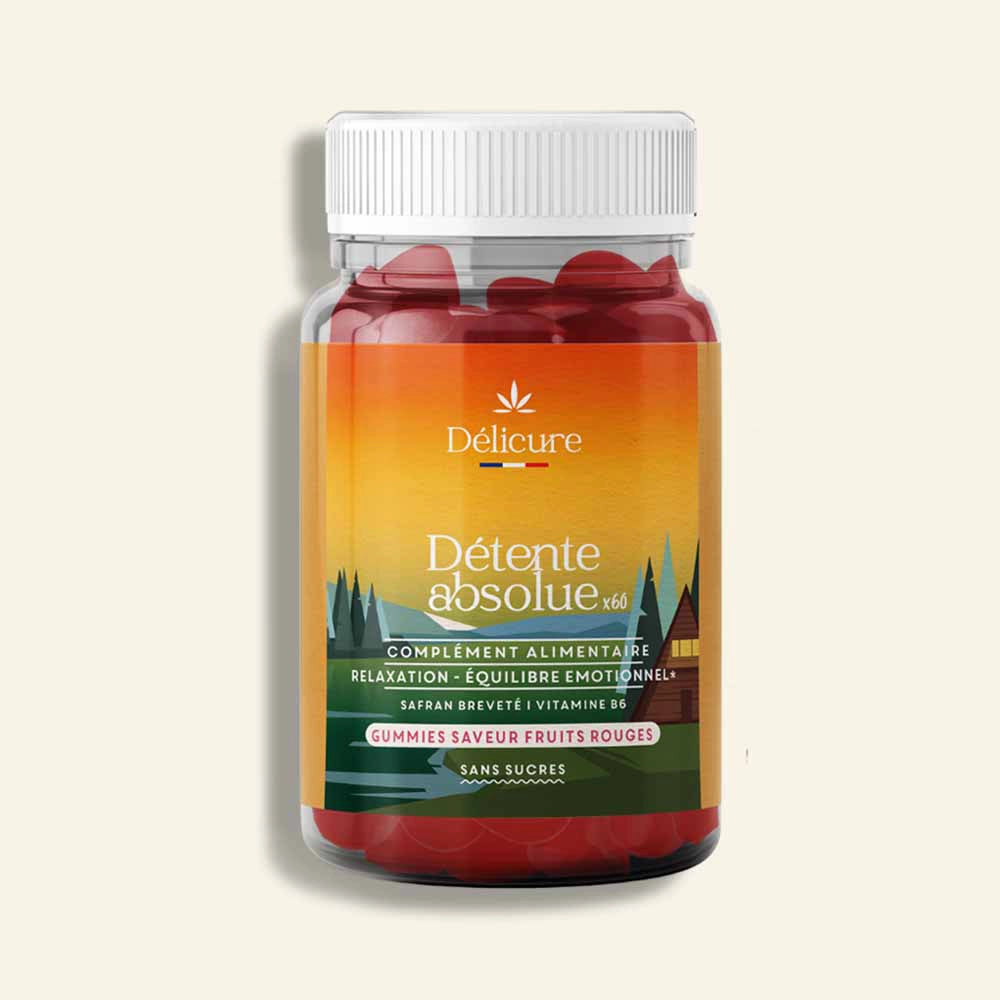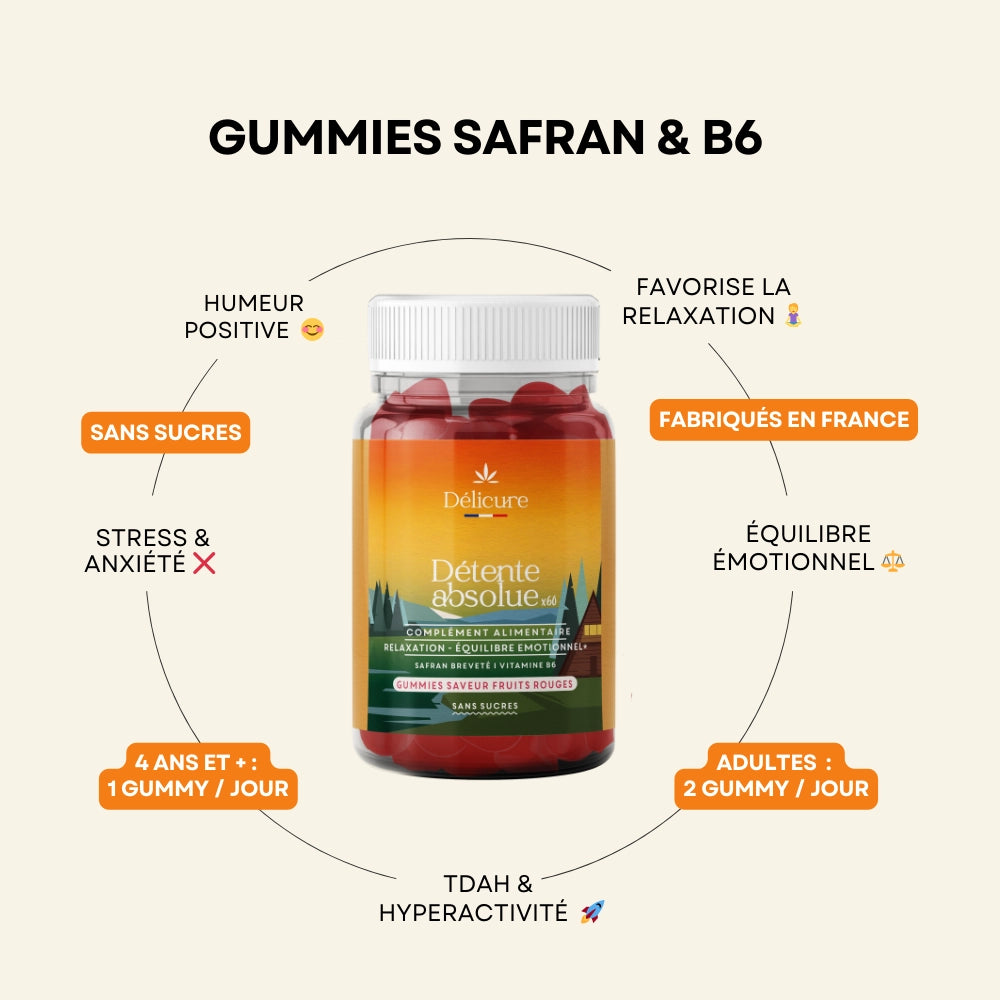
Saffron, a natural approach to relieve ADHD?
In the quest for natural solutions to relieve attention deficit hyperactivity disorder (ADHD), saffron stands out for its neuroprotective and soothing properties. This ancestral remedy, often nicknamed "red gold", is attracting growing interest as a complementary or alternative option to traditional drug treatments.

ADHD, a challenge for families
Attention deficit hyperactivity disorder (ADHD) is a neurodevelopmental condition that affects millions of children and adults worldwide. In France, approximately 5% of children are affected by this disorder, which manifests itself by difficulty concentrating, marked impulsivity and, often, hyperactivity . Although medications such as methylphenidate (better known as Ritalin) are commonly prescribed, these pharmacological treatments are often accompanied by unwanted side effects such as sleep disturbances , loss of appetite or cardiovascular disorders .
Faced with these limitations, many families are turning to natural alternatives . Among them, saffron ( Crocus sativus ) is attracting growing interest thanks to its soothing properties and positive effects on mental health .
Please note : ADHD can also impact self-esteem, academic success and social life, further highlighting the need for comprehensive and personalized support.

Saffron: a thousand-year-old treasure with multiple benefits
Saffron, often nicknamed "red gold" due to its rarity and value, is a precious spice extracted from the stigmas of the crocus plant. Traditionally used in Persian and Ayurvedic medicine, it is renowned for its antioxidant , anti-inflammatory and neuroprotective properties.
But what makes saffron so special?
Two major bioactive compounds, crocin and safranal , are at the heart of saffron’s benefits . Crocin, a powerful antioxidant , plays a critical role in protecting brain cells from oxidative stress , while safranal acts as a modulator of neurotransmitters, including dopamine and serotonin. These neurotransmitters are crucial for regulating mood , attention, and emotional impulses .
In addition to these major compounds, saffron contains :
- Flavonoids and other phytonutrients that support the immune system
- Vitamins and minerals, such as vitamin C and manganese, which promote healthy metabolism
Mechanisms of action of saffron in ADHD
ADHD is characterized by a deregulation of the neural circuits linked to dopamine and norepinephrine. Saffron acts on several levels to improve these dysfunctions:
-
Neurotransmitter modulation : Saffron stimulates the production of dopamine, essential for motivation and attention, while increasing levels of serotonin, which helps regulate emotions and reduce impulsivity.
-
Antioxidant Properties : Crocin neutralizes free radicals, protecting brain cells from oxidative damage, often seen in people with ADHD.
-
Reduced inflammation : Studies suggest that brain inflammation may play a role in ADHD. Saffron, with its anti-inflammatory effects, helps calm these reactions.
These mechanisms, combined with good tolerance, explain the growing interest in saffron as a complementary or alternative natural solution.

Clinical studies: saffron as effective as Ritalin?
Several recent studies have focused on the potential of saffron to treat ADHD. Here are some key studies:
-
Comparative trial with methylphenidate (2019)* : An Iranian team conducted a randomized study involving 54 children and adolescents with ADHD. For six weeks, one group received 20 to 30 mg of saffron per day, while the other group took methylphenidate. The results revealed that saffron was as effective as conventional treatment in reducing ADHD symptoms, with comparable side effects. ( Source )
-
Effect of saffron combined with methylphenidate : One study compared the use of methylphenidate alone to a combination of methylphenidate and saffron in children with ADHD. Participants receiving 20 or 30 mg of saffron per day, adjusted for weight, had faster and more pronounced improvement in symptoms after 4 weeks, compared to the group treated with methylphenidate alone ( Khaksarian et al., 2021 ).
- Saffron Extract and Mental Health (2022) : Another study explored the effect of a standardized saffron extract (“Saffr'Activ”) in children with ADHD. After eight weeks, participants showed significant improvement in attention and reduced impulsivity, with no major side effects. ( Source )

Benefits and Limitations of Saffron
The strong points of saffron :
-
A milder side effect profile than stimulant medications.
-
A natural and multi-target action on brain functions.
-
An interesting alternative for parents looking for less invasive solutions.
- Possibility of combining with other therapeutic approaches (psychotherapy, speech therapy, etc.) without major risk of conflict.
However, some limitations must be taken into account:
-
The high cost of saffron can be a deterrent for some families.
-
Available studies have small sample sizes , requiring further large-scale research.
-
In case of drug treatment, medical monitoring is essential to avoid potential drug interactions .
- The quality of saffron extracts varies greatly between brands, making selecting a reliable product essential.

How to Use Saffron for ADHD?
The recommended dosage in clinical studies is between 20 and 30 mg per day. Here are some tips for optimal use:
-
Prefer standardized extracts : Saffron supplements sold in pharmacies or online must indicate the concentration of crocin and safranal to guarantee their effectiveness.
-
Consult a healthcare professional : Before introducing saffron into your child's routine, talk to your doctor or pharmacist.
-
Combine saffron with a holistic approach : A balanced diet, a stable routine and relaxing activities perfectly complement the benefits of saffron.
Perspectives and conclusions
Saffron, due to its neuroprotective properties and ability to modulate neurotransmitters, represents a promising natural alternative for the relief of ADHD symptoms . Although current studies are encouraging, it is essential to continue exploring this avenue through more extensive and rigorous research.
By taking an individualized approach and working hand in hand with healthcare professionals, families can discover in saffron a calming and effective solution to improve the quality of life of people with ADHD .
The Importance of Quality Saffron Extract
The patented saffron extract Safr'Inside™ stands out as an exceptional solution for the natural treatment of ADHD thanks to its unique concentration of active compounds, including a safranal rate ten times higher than that of other extracts on the market (0.43% compared to less than 0.05% for most others). This result, obtained thanks to the exclusive Tech'care extraction™ and encapsulation process, guarantees optimal preservation of key metabolites, thus reinforcing its neuroprotective and soothing efficacy. These characteristics make Safr'Inside™ a powerful and innovative option, particularly suited to meet the needs of people suffering from ADHD, while offering a natural and well-tolerated alternative to conventional treatments.


